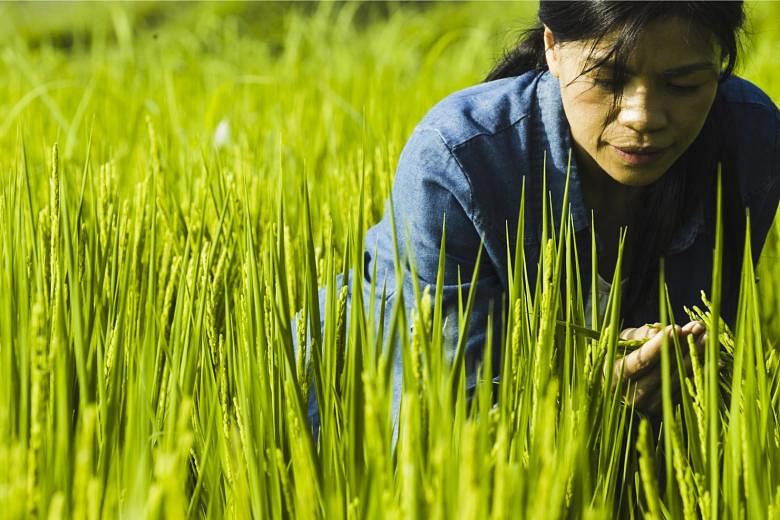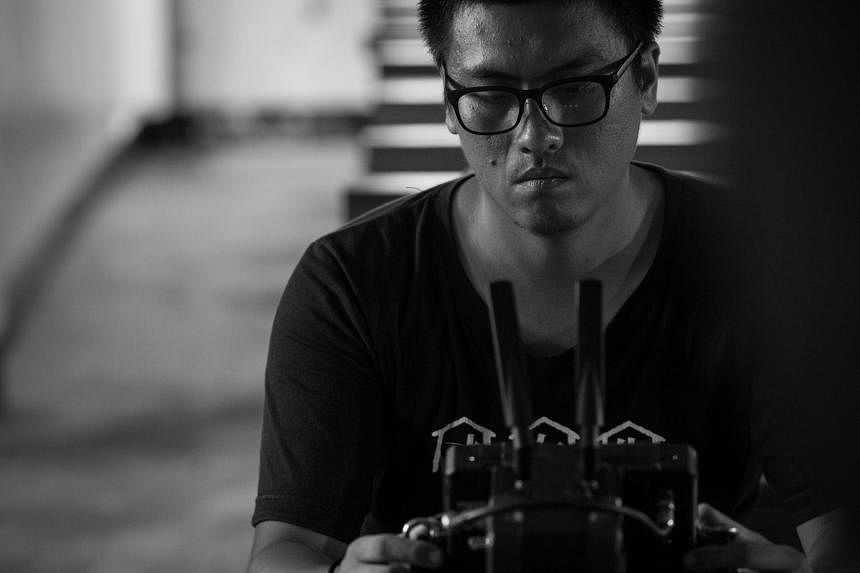A crop in recent years of Taiwanese films and music albums with aboriginal stories and a strong sense of tribal identity suggest a movement of growing ethnic pride.
The works include the historical epic Warriors Of The Rainbow: Seediq Bale (2011) and baseball film Kano (2014) as well as the albums Ayal Komod (2013) by Chang Chen-yue and Tamalakao (2015) by Jane Huang.
Add to the list Panay, a drama directed by Cheng Yu-chieh, 38, and Lekal Sumi, 30, about an Amis community in Hualien facing the pressures of land development. Also known as Wawa No Cidal, it will be the opening film at the Singapore International Film Festival on Nov 26.
Writer-director Sumi tells Life: "More and more people are realising that their personal stories can be documented or adapted and made into a movie which helps to support a cause. I feel that this is very meaningful and it is an upcoming trend for the aboriginal community - the desire to make their voices heard."
Panay came about after Cheng saw the short film Wish Of The Ocean Rice (2012), in which Sumi documented the dream of his mother - who is from the Amis tribe - to revive rice terraces that have been abandoned for 20 years.
In the feature, Panay, played by Amis musician and television host Ado Kaliting Pacidal, returns to her village on Taiwan's east coast to take care of her father and later tries to revitalise the land for planting rice.
This marked her screen debut, as it was for most of the actors, who were amateurs. That usually makes directing more challenging but there was a good reason for the casting decision.
Sumi says: "The amateur actors are from the aboriginal tribes and they face the same issues and are familiar with the challenges that the characters face in the movie.
"Their emotions and the background knowledge they have when acting in the film contribute largely to the end result of the film."
The movie won the Audience Choice award at the Taipei Film Festival this year and was nominated at the Golden Horse Awards for best new performer for Pacidal, best adapted screenplay and best original song. At the Golden Horse ceremony held last Saturday, it won the award for best original song.
While Panay encounters bureaucratic incompetence and intransigence along the way, the film is not really about who is right or wrong.
"Humans tend to believe that they rule Mother Nature but, in fact, they are part of Mother Nature," says Sumi.
"So instead of pitting land development against holding onto tradition, we feel that audiences should see the importance of their relationship with nature."
Hence, the movie is careful to steer clear of preachiness and explores the topic at hand with a light touch.
Writer-director Cheng, whose credits include the Sino-French inter-cultural drama Yang Yang (2009), adds: "We have just scraped the surface of the issue. Panay's story is kept light-hearted to introduce the issue to society and has succeeded in doing so. If audiences want to see more of such movies, there is certainly a possibility of more of these movies by the both of us."




